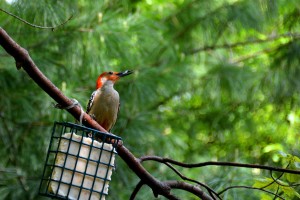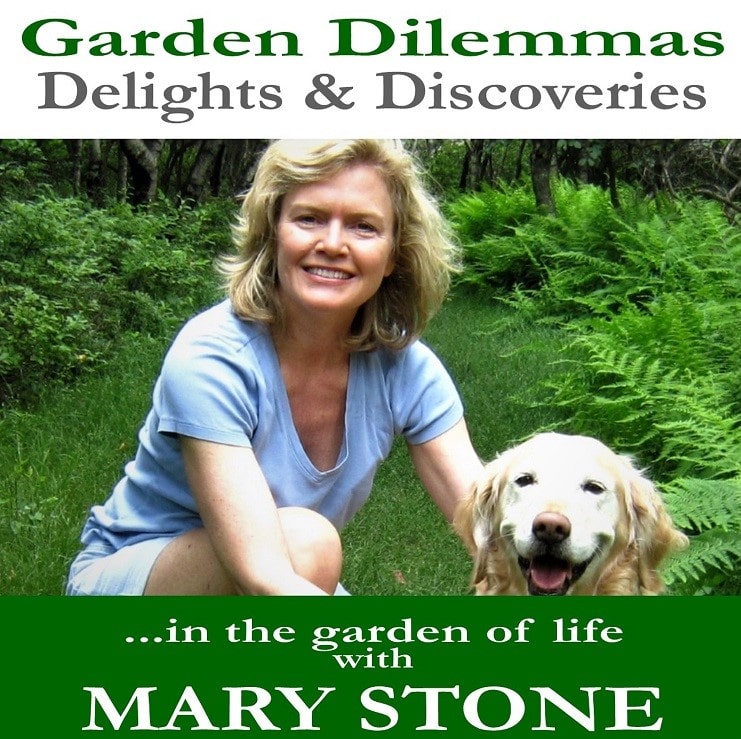Hello fellow readers, Last week we spoke about sunflower seed being one of the best seeds to attract the widest varieties of birds. Rachel, who lives in Stillwater, NJ, asked for other bird feeding tips, such as which kind of Sunflower seed is best.
There are two types of sunflower seeds; black oil seeds with easy-to-open thin shells most desired by seed-eating birds and striped sunflower seeds with thicker shells harder for sparrows and blackbirds to crack. There are also shelled sunflower seeds, but the expense and perishability may make them better for your lunch sack.
What about suet asked Tom of Bangor? Suet is officially defined as the hard fat around the kidneys and loins in beef, but most kinds of beef fat are also called suet and can safely be fed to birds. Suet is especially appealing to woodpeckers, nuthatches, chickadees, starlings, and blue jays (my favorite –smile).
While they love it, stay clear of bacon fat or drippings which almost always have measurable amounts of carcinogenic nitrosamines (yikes!) not good for birds. Peanut butter, the kind that the oil doesn’t separate, is desirable until the temps warm up when it can go rancid or become soft and adhere to feathers.
The one key to attracting feathered friends all year round is water availability, as noted by my Blairstown birder buddy Dennis. As I look out to the tundra, it makes sense that unfrozen water would attract all creatures furry and feathered, poor things. Maybe it goes without saying not to use glycerin or antifreeze in your water offerings as it can be fatal.
There are immersion heaters that turn off should the water dry up. Or a homemade version using an outdoor light bulb in a flower pot with a water dish placed on top. Best to use a ground fault circuit interrupter (GFCI) available at the hardware store to eliminate the danger of shock. (Don’t ask how I know this, though I always did like curly hair.)
Perhaps the simplest and safest way to attract birds is to set out a plastic bowl of water at the same time each day and bring it in when ice forms. Bird snacks are optional.
Garden Dilemmas? AskMaryStone.@gmail.com (and your favorite Podcast App.)
Link to the previous column Winter is for the Birds
Column Updated 6/20/21



